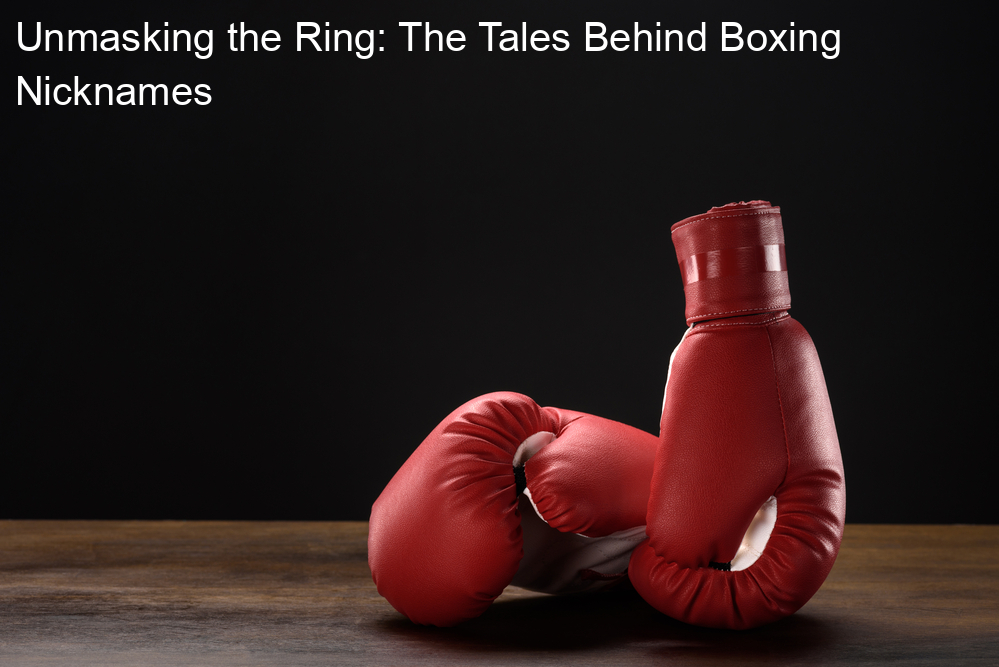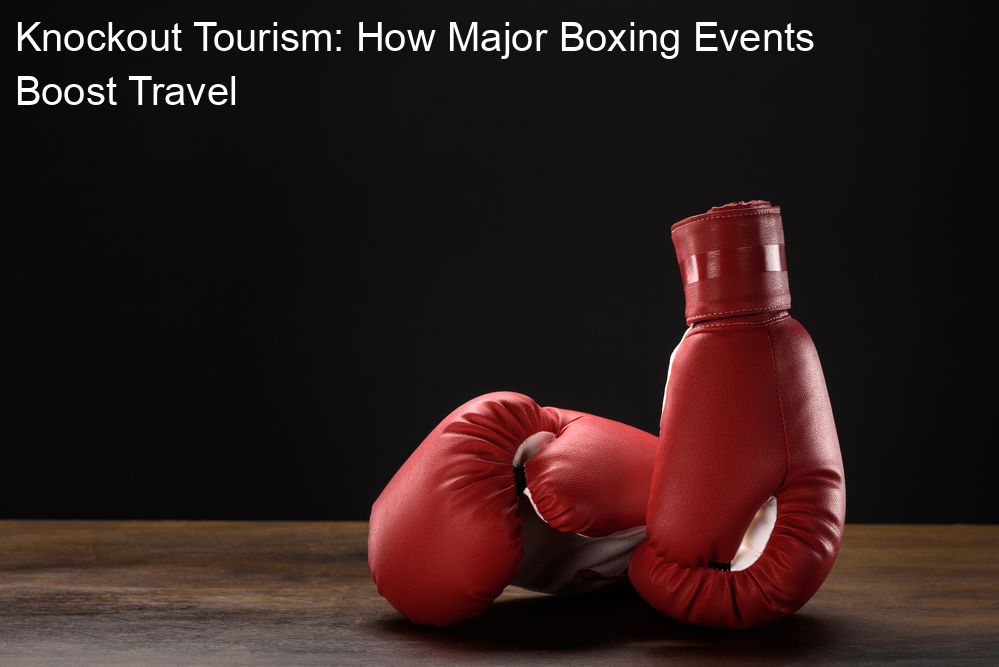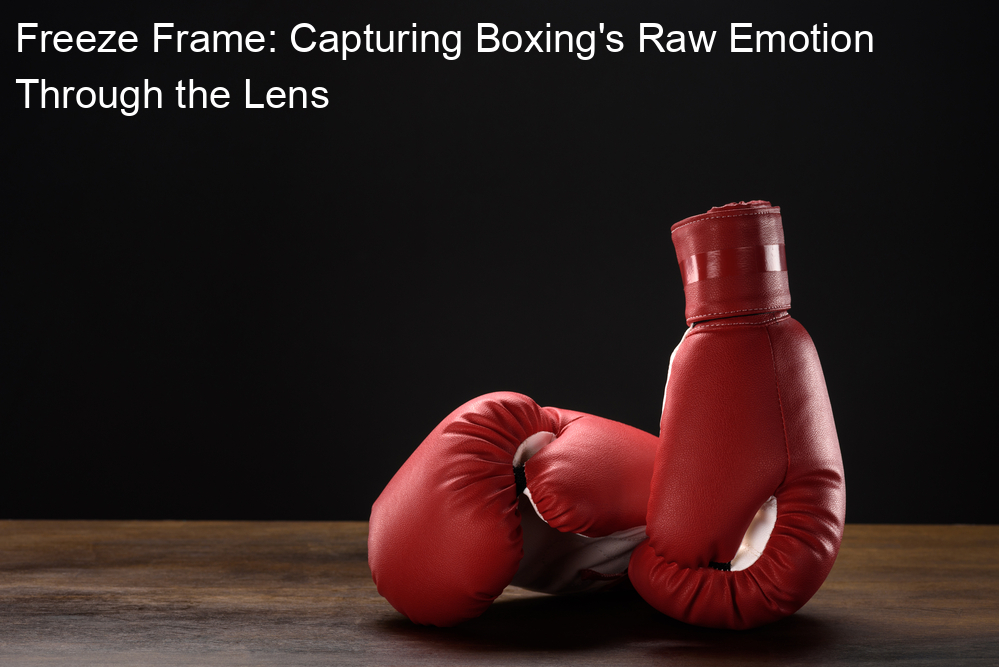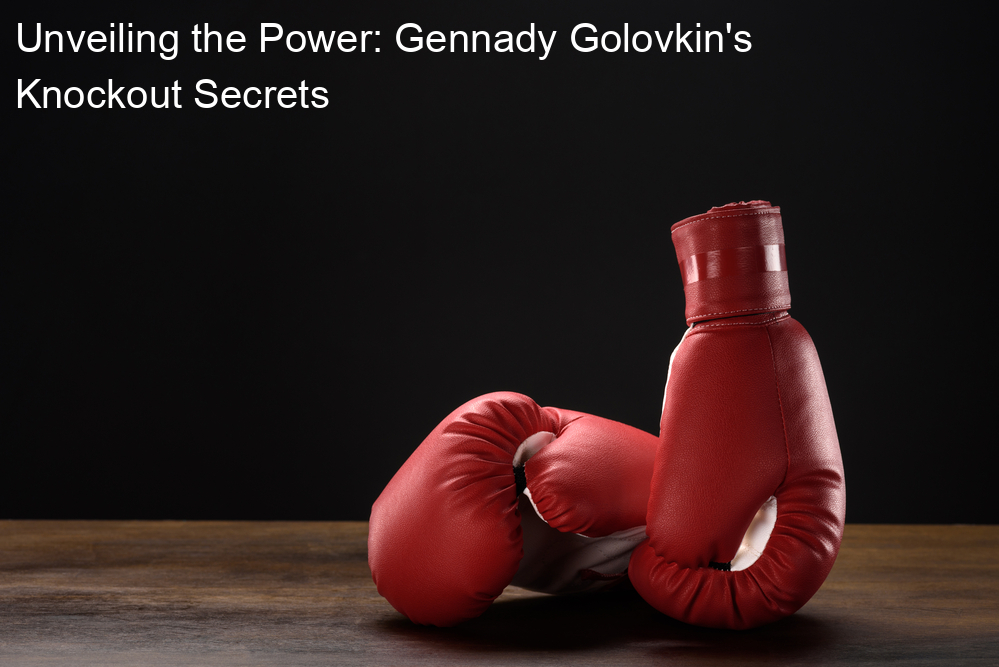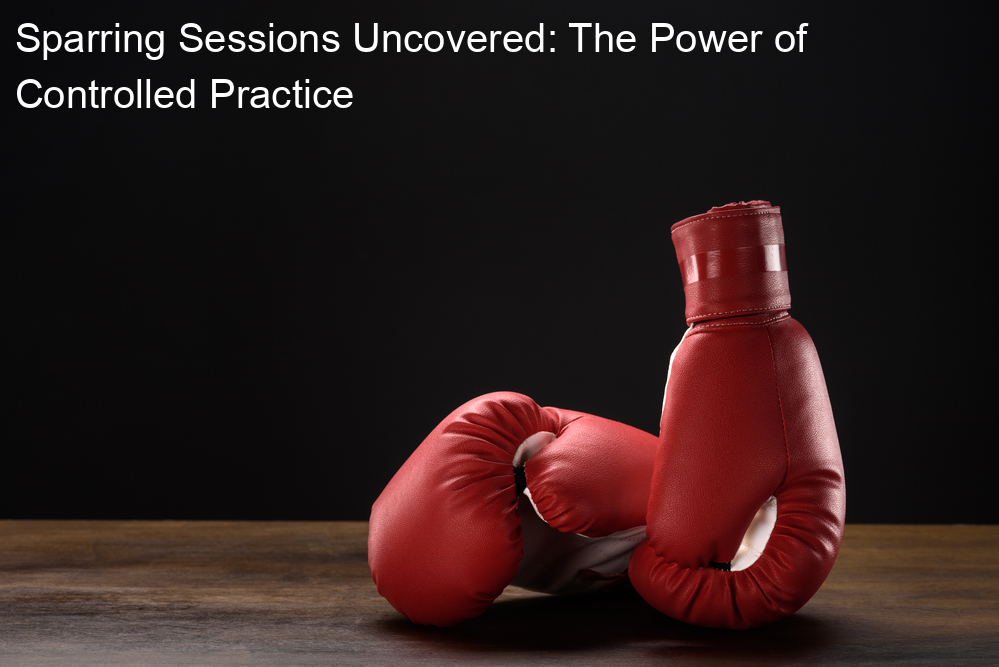
Introduction to Boxing Nicknames
Boxing, a sport that has been around for centuries, is not just about the punches and the wins. It’s also about the unique and powerful nicknames that boxers carry into the ring. These nicknames are more than just catchy phrases; they tell a story, they represent a boxer’s identity, and they become a significant part of boxing history. In this section, we will delve into the significance of boxing nicknames and explore their history and origins.
- Understanding the significance of boxing nicknames
- History and origins of boxing nicknames
Boxing nicknames are not just fancy titles; they carry a deeper meaning. They often reflect a boxer’s fighting style, personality, or personal history. For instance, the nickname “Iron” Mike Tyson signifies his powerful punches and unyielding spirit in the ring. These nicknames help to build a boxer’s image and brand, making them more memorable to fans and opponents alike. They also add an element of drama and excitement to the sport, making each fight more than just a contest of physical strength, but a clash of unique identities.
The tradition of boxing nicknames dates back to the early days of the sport. In the past, these nicknames were often given by fans, journalists, or trainers based on a boxer’s fighting style or personal characteristics. For example, the legendary boxer Jack Dempsey was known as “The Manassa Mauler” because of his aggressive fighting style and his birthplace in Manassa, Colorado. Over time, this tradition has evolved, and today, many boxers choose their own nicknames, often with the help of marketing teams, to create a powerful and marketable brand. Despite these changes, the essence of boxing nicknames remains the same: to capture the spirit of the boxer and the sport in a few memorable words.
Boxing Nicknames Analysis: The Psychology Behind the Monikers
Boxing nicknames are more than just catchy phrases. They are a reflection of a boxer’s personality, fighting style, and even their journey in the sport. In this section, we will delve into the psychology behind these monikers and how they shape our perception of the fighters.
- How nicknames reflect a boxer’s personality and fighting style
- Case study: Famous boxing nicknames and their meanings
A boxer’s nickname can often provide insight into their fighting style. For instance, a nickname like “The Destroyer” might suggest an aggressive, relentless fighter, while “The Technician” might imply a more strategic, calculated approach to the ring. These nicknames are not just chosen randomly. They are carefully selected to embody the boxer’s unique style and persona.
Moreover, these monikers can also reflect a boxer’s personality outside the ring. A nickname like “The Gentleman” might indicate a fighter who is respectful and sportsmanlike, while “The Bad Boy” might suggest a more rebellious, controversial figure in the sport. These nicknames help to build a narrative around the boxer, making them more relatable and engaging to the audience.
Let’s take a look at some famous boxing nicknames and what they reveal about the fighters:
| Boxer | Nickname | Meaning |
|---|---|---|
| Muhammad Ali | “The Greatest” | Reflects Ali’s confidence and his status as one of the best boxers of all time. |
| Mike Tyson | “Iron Mike” | Symbolizes Tyson’s strength and durability in the ring. |
| Manny Pacquiao | “Pac-Man” | A playful take on his surname, also suggests his quick and aggressive fighting style. |
As you can see, these nicknames are not just catchy phrases. They encapsulate the essence of the boxer, providing a glimpse into their character and fighting style.
In conclusion, boxing nicknames are a fascinating aspect of the sport, offering a deeper understanding of the fighters and their journey in the ring. They are a testament to the boxer’s unique personality and fighting style, making the sport all the more engaging and relatable to the audience.
Stories Behind Boxing Nicknames: From the Ring to the Name
In the world of boxing, a nickname is more than just a catchy phrase. It’s a symbol of a boxer’s strength, determination, and unique story. Let’s explore the tales behind two of the most iconic boxing nicknames in history: “Iron” Mike Tyson and “Sugar” Ray Leonard.
Boxing Monikers Explained: The Tales of Triumph and Defeat
These monikers, or nicknames, are not just for show. They carry the weight of each boxer’s journey, their triumphs, and their defeats. Let’s delve into the stories behind these legendary names.
- Story of “Iron” Mike Tyson
- Story of “Sugar” Ray Leonard
Mike Tyson, known as “Iron Mike,” is one of the most fearsome boxers in history. His nickname reflects his unyielding strength and indomitable spirit. Born in a tough neighborhood, Tyson faced many challenges growing up. But he rose above them, using his fists to fight his way to the top of the boxing world.
His trainer, Cus D’Amato, saw his potential and honed his raw power into a disciplined force. Tyson’s aggressive style and powerful punches earned him the nickname “Iron Mike.” The name stuck, symbolizing his iron will and iron fists that brought him numerous victories.
“Sugar” Ray Leonard, another boxing legend, has a nickname that contrasts with his fierce fighting style. The name “Sugar” was first used by the great boxer Sugar Ray Robinson. Leonard, inspired by Robinson’s skill and grace in the ring, adopted the name to honor his hero.
Leonard’s boxing style was a blend of speed, power, and finesse, just like Robinson’s. His sweet personality outside the ring and his smooth moves inside it made the nickname “Sugar” a perfect fit. Despite the sweet name, Leonard was a formidable opponent, winning multiple world titles in his career.
These stories remind us that a boxing nickname is more than just a name. It’s a testament to a boxer’s journey, their character, and their unique approach to the sport. Whether it’s “Iron” or “Sugar,” these nicknames will forever echo in the annals of boxing history.
Understanding Boxing Nicknames: The Cultural Significance
Boxing nicknames are more than just fancy titles. They carry a deep cultural significance that reflects a boxer’s background and heritage. Let’s delve into how these nicknames mirror a boxer’s cultural background and explore some examples from different cultures.
- How nicknames reflect a boxer’s cultural background
Boxing nicknames often serve as a mirror to a boxer’s cultural background. They can tell us a lot about their upbringing, their values, and the traditions of their community. These nicknames are often derived from local languages, folklore, or popular cultural references, making them a unique representation of a boxer’s roots.
For instance, a Mexican boxer might have a nickname that reflects the country’s rich history of boxing, or a Filipino boxer’s nickname might be inspired by a local hero or a popular phrase in Tagalog. These nicknames are not just about identity, but also about pride and respect for one’s culture.
- Examples of boxing nicknames from different cultures
Let’s take a look at some examples of boxing nicknames from various cultures to better understand their significance.
| Boxer | Nickname | Cultural Significance |
|---|---|---|
| Manny Pacquiao | “Pacman” | The nickname is a playful nod to the popular arcade game, reflecting Manny’s fun-loving personality and his Filipino roots. |
| Julio Cesar Chavez | “El Gran Campeon Mexicano” | This nickname, which translates to “The Great Mexican Champion,” is a testament to Chavez’s dominance in the ring and his proud Mexican heritage. |
| Joe Frazier | “Smokin’ Joe” | This nickname reflects Frazier’s aggressive boxing style and his American background, where the phrase “smokin'” is often used to denote intensity and power. |
These examples illustrate how boxing nicknames are deeply intertwined with a boxer’s cultural background. They serve as a badge of honor, a symbol of pride, and a reflection of their journey both inside and outside the ring.
Boxing Nicknames History: Evolution Over the Years
In the world of boxing, nicknames have always held a special place. They are not just names, but identities that reflect a boxer’s personality, fighting style, or even their origin. Let’s delve into the fascinating history and evolution of boxing nicknames.
Origins of Boxing Nicknames: From the Streets to the Ring
Boxing nicknames have a rich history, tracing back to the early days of the sport when boxers were often known by their street names. These names were usually a reflection of their physical attributes, fighting style, or the neighborhood they hailed from. Over the years, these street names evolved into more professional and creative nicknames that we see today.
- How boxing nicknames have evolved over time
- Key takeaways from the history of boxing nicknames
In the early days, boxing nicknames were straightforward and descriptive. For example, a boxer with a powerful punch might be called “The Hammer”, while a fast and agile fighter could be known as “The Flash”.
As the sport grew in popularity, so did the creativity and complexity of the nicknames. Boxers started adopting names that not only described their fighting style but also their personality, beliefs, and even their life stories. For instance, Muhammad Ali, famously known as “The Greatest”, chose this nickname to reflect his confidence and ambition.
In recent years, boxing nicknames have become even more diverse and imaginative, ranging from the intimidating “Iron” Mike Tyson to the playful “Pac-Man” Manny Pacquiao.
The evolution of boxing nicknames tells us a lot about the sport and its culture. First, it shows how boxing has grown from a street sport to a global phenomenon, with fighters now coming from all walks of life and all corners of the world.
Second, it reflects the importance of individuality in boxing. Unlike team sports, boxing is a one-on-one battle, and a unique nickname helps a fighter stand out and create a personal brand.
Finally, the history of boxing nicknames highlights the sport’s ability to inspire and entertain. Whether it’s a name that instills fear in an opponent or brings a smile to a fan’s face, boxing nicknames add an extra layer of excitement and intrigue to the sport.
Famous Boxing Nicknames: The Names that Echo in the Ring
In the world of boxing, a nickname is more than just a catchy phrase. It’s a symbol of a boxer’s character, strength, and fighting style. Let’s take a look at some of the most famous boxing nicknames and explore why they’ve stood the test of time.
- Listing of the most famous boxing nicknames
Here are some of the most memorable boxing nicknames that have echoed in the ring:
| Boxer | Nickname |
|---|---|
| Muhammad Ali | “The Greatest” |
| Mike Tyson | “Iron Mike” |
| George Foreman | “Big George” |
| Joe Frazier | “Smokin’ Joe” |
| Manny Pacquiao | “Pac-Man” |
- Analysis of why these nicknames have stood the test of time
Boxing nicknames are designed to be memorable and to capture the essence of the boxer. They often reflect a boxer’s unique skills, fighting style, or personality. For example, Muhammad Ali’s nickname, “The Greatest,” was a bold statement of his confidence and skill. Mike Tyson’s nickname, “Iron Mike,” reflected his powerful punches and indomitable spirit.
These nicknames have stood the test of time because they’ve become synonymous with the boxers themselves. When fans hear “The Greatest” or “Iron Mike,” they immediately think of Ali’s lightning-fast jabs or Tyson’s knockout punches. These nicknames are a testament to the boxers’ enduring legacies and their unforgettable performances in the ring.
In conclusion, boxing nicknames are more than just catchy phrases. They’re powerful symbols that encapsulate a boxer’s character, strength, and fighting style. They’re a crucial part of boxing history, echoing in the ring long after the boxers have hung up their gloves.
Boxing Nicknames Significance: More than Just a Name
Boxing nicknames, or monikers, are not just fancy titles. They carry a deeper significance that reflects the personality, fighting style, or background of the boxer. These names become an integral part of their identity, often echoing in the ring and the hearts of fans long after the boxer has retired.
Meaning of Boxing Monikers: The Hidden Messages
Boxing nicknames are not chosen randomly. They often carry hidden messages that reveal a lot about the boxer and the boxing world. Let’s delve into the interpretation of common themes in boxing nicknames and how these themes reflect the boxing world.
- Interpretation of common themes in boxing nicknames
- How these themes reflect the boxing world
Boxing nicknames often revolve around themes of strength, resilience, speed, and ferocity. For example, nicknames like ‘Iron’ Mike Tyson and ‘The Rock’ Marciano reflect their physical strength and indomitable spirit. Similarly, ‘Sugar’ Ray Robinson and ‘Speedy’ Gonzalez highlight their agility and quickness in the ring.
These themes are a mirror to the boxing world, a sport that demands physical strength, speed, and mental toughness. The nicknames are a testament to the boxer’s ability to withstand pain, their quick reflexes, and their unyielding spirit. They also reflect the high-stakes, high-intensity nature of the sport.
In conclusion, boxing nicknames are more than just catchy phrases. They are a reflection of the boxer’s persona, their fighting style, and the spirit of the sport itself. They are a part of boxing history, carrying the legacy of great fighters and memorable fights. So, the next time you hear a boxing nickname, remember, it’s more than just a name.
Conclusion: The Power and Legacy of Boxing Nicknames
In the world of boxing, nicknames are not just mere labels. They are powerful symbols that encapsulate the essence of a boxer’s persona, style, and legacy. They are a testament to the boxer’s journey, achievements, and the indelible mark they have left in the sport.
- Summarizing the importance and impact of boxing nicknames
Boxing nicknames carry a significant weight. They are an integral part of a boxer’s identity, often reflecting their unique fighting style, personality, or personal history. They serve as a rallying cry for fans, a source of intimidation for opponents, and a badge of honor for the boxers themselves.
From ‘Iron’ Mike Tyson, whose nickname symbolized his ferocious strength and power, to Manny ‘Pac-Man’ Pacquiao, whose moniker reflects his relentless energy and agility in the ring, boxing nicknames have left an indelible mark in the annals of the sport.
- Final thoughts on the stories and meanings behind boxing nicknames
Every boxing nickname has a story to tell. They are more than just catchy phrases; they are narratives of struggle, triumph, and legacy. They encapsulate the spirit of the sport and the character of the individuals who have shaped it.
For instance, the nickname ‘Sugar’ Ray Robinson was not just about his sweet boxing style but also about his grace, elegance, and the sweetness of his victories. Similarly, ‘Smokin’ Joe Frazier’s nickname was not just about his smoky punches but also about his fiery spirit and determination.
Boxing nicknames are a testament to the power of words and the impact they can have. They are a reflection of the sport’s rich history and the larger-than-life personalities that have graced the ring. They are, in essence, the legacy of boxing.

